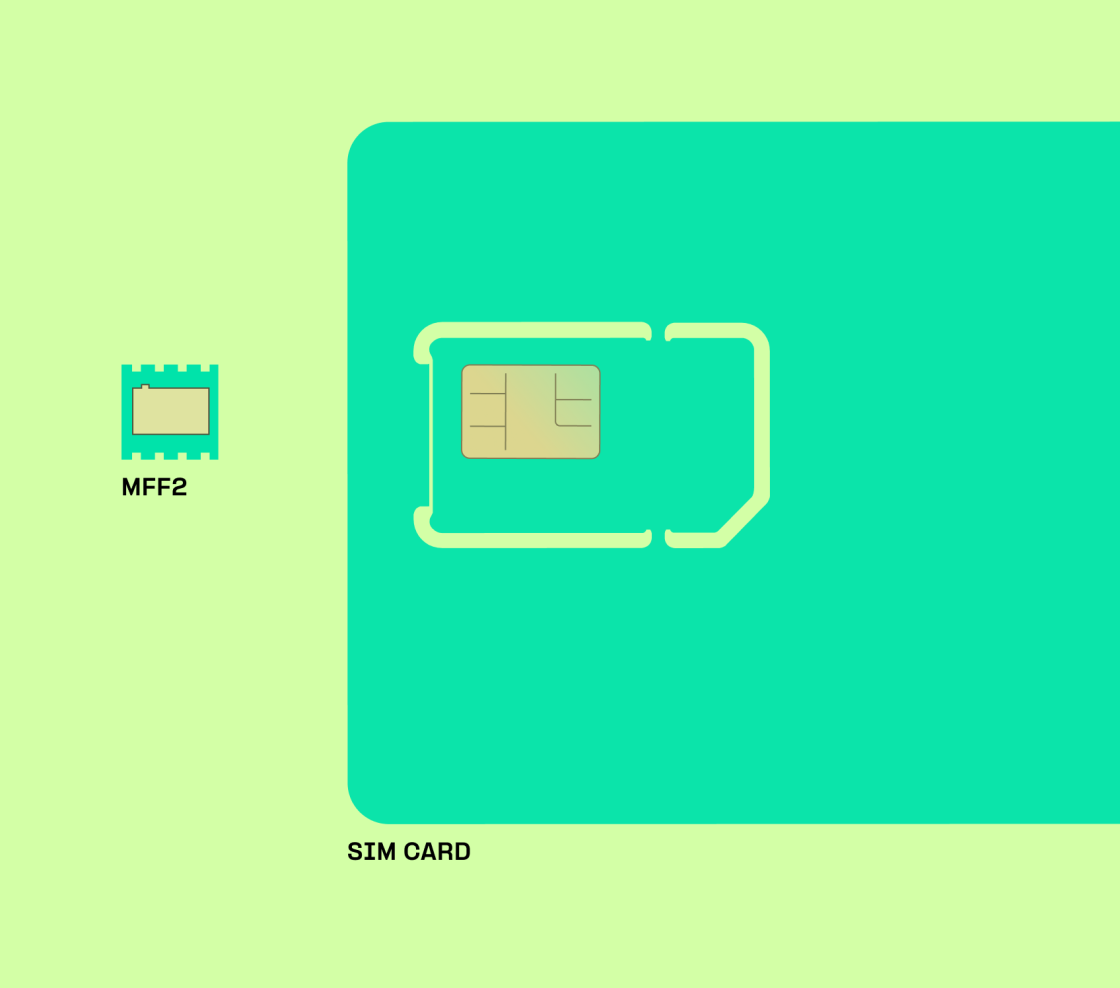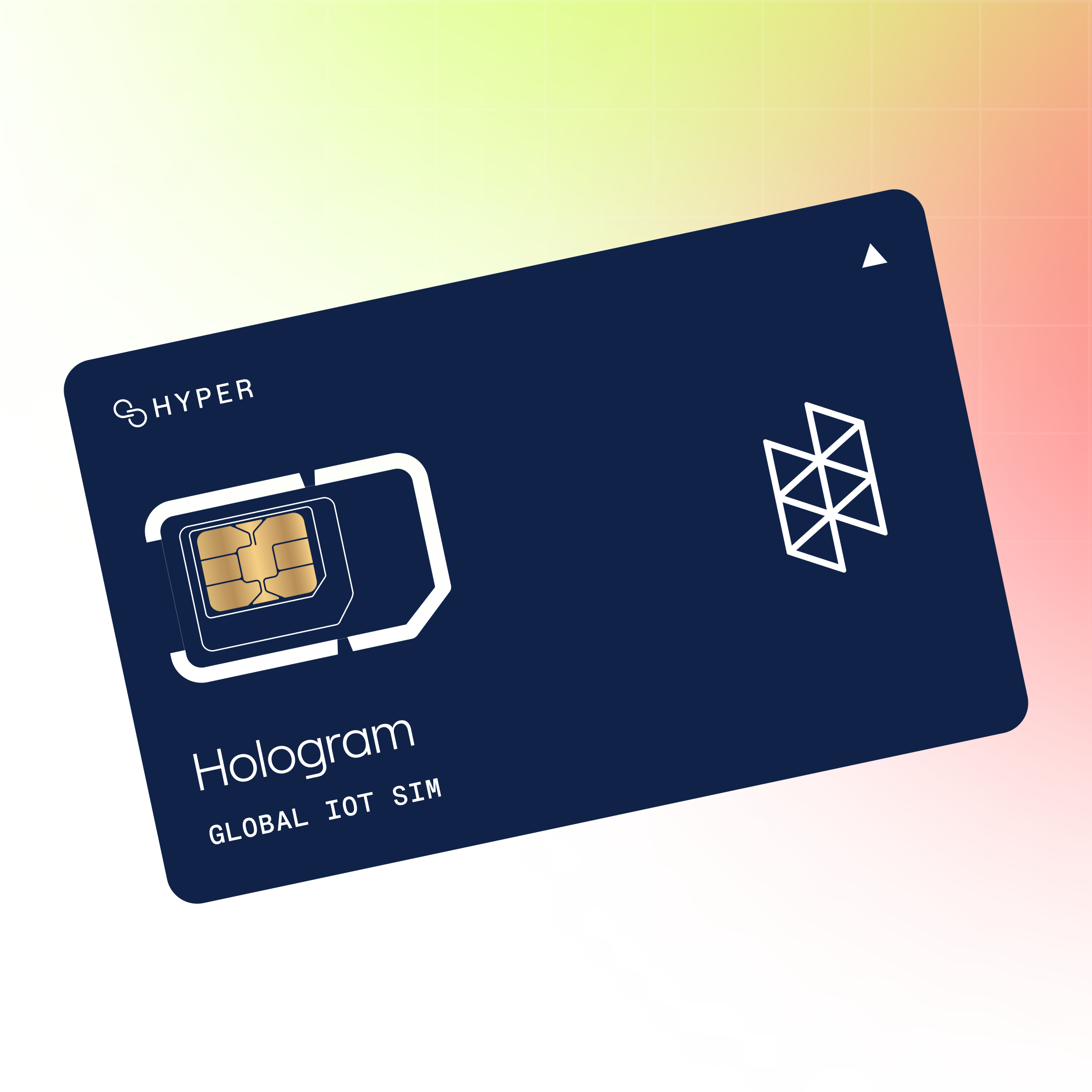Iot Sim Card copyright IoT SIMs
The introduction of the Internet of Things (IoT) signifies a transformative period in connectivity, and SIM cards play a crucial position in facilitating this process. Their operate extends past traditional telecommunication; they're a cornerstone for device communication throughout numerous functions. SIM cards, or Subscriber Identity Modules, allow units to connect to cellular networks, thus permitting seamless data transmission and communication.
In IoT ecosystems, SIM playing cards serve as secure gateways for units to interact with cloud providers and analytics platforms. Each SIM card provides a singular identification to the IoT gadget, authenticating it throughout the cellular network. This identification is important for ensuring that solely authorized units can connect and talk, thereby elevating the overall safety of the IoT framework.
The telecommunications industry has developed significantly to assist the burgeoning IoT market. Now, SIM cards are not solely bodily embedded but also designed as eSIMs, or embedded SIMs. These trendy options allow units to change networks without needing to exchange the cardboard bodily. This flexibility is vital for IoT purposes that will require network adjustments or adjustments primarily based on geographic locations or service requirements.
Prepaid Iot Sim Card IoT SIM vs Normal SIM
The scalability provided by SIM cards is also noteworthy. IoT deployments can initially start with a few gadgets and easily increase to 1000's. Each of these devices can independently hook up with the community through its SIM card, enabling seamless integration and management. This scalability is prime for industries adopting smart technologies, corresponding to smart cities, agriculture, logistics, healthcare, and manufacturing.
Furthermore, the role of SIM playing cards in world IoT connectivity can't be understated. With the advent of roaming agreements and multi-network SIMs, units can keep related even when transferring across geographic boundaries. This capability is especially beneficial for purposes involving logistics monitoring, environmental monitoring, and fleet administration, the place units could journey throughout cities or countries.
Moreover, the integration of SIM playing cards with IoT platforms facilitates real-time monitoring and control. For instance, smart meters outfitted with SIM cards can transmit knowledge again to utility providers, allowing for better resource management and extra correct billing. Since these meters are linked continually, they supply invaluable information that can help in optimizing operations.
Iot Sim copyright IoT SIM
The security of IoT units is another critical facet where SIM cards shine. With embedded security measures, SIM cards are integral to protecting sensitive info. They supply encryption and secure authentication strategies that safeguard knowledge being transmitted over cellular networks. This side is particularly important, given the growing considerations over cyber threats focusing on linked gadgets.
Additionally, the sort of SIM card chosen can tremendously affect an IoT deployment. Various choices exist, together with standard SIMs, micro-SIMs, and eSIMs, every with its personal set of advantages. Depending on the application, selecting the right kind can impression a tool's efficiency and connectivity reliability. eSIMs stand out by permitting multiple profiles to be stored, making them suitable for devices that might switch between different service suppliers or geographical areas.
Telkomsel Iot Sim Card IoT SIM Card Data Plans Pricing
In phrases of price, SIM playing cards contribute to optimizing bills in an IoT ecosystem. The availability of various subscription models, including pay-as-you-go and monthly plans, allows companies to tailor their spending in accordance with usage. This flexibility allows corporations to manage costs extra effectively and scale operations as needed without incurring prohibitive fees.

Collaboration between varied sectors and stakeholders enhances the function of SIM playing cards in IoT connectivity. Network suppliers, system manufacturers, and application developers work hand in hand to create ecosystems that maximize the potential of IoT functions - Iot Sim Card Pricing. This collaborative method leads to standardized practices that simplify the complexity often related to managing giant networks of connected units.
As industries proceed to rely more and more on IoT solutions, the demand for dependable connectivity will only develop. SIM cards will remain central to attaining this connectivity, ensuring that units can communicate efficiently, securely, and cost-effectively. The future landscape of know-how relies heavily on the spine that SIM playing cards present for seamless data switch.

The evolving landscape of IoT also brings forth unique challenges. As more devices connect with networks, points like community congestion and latency may arise. Strategic planning across the number of SIM cards and connectivity options can mitigate these challenges, making certain that devices maintain optimal efficiency levels, regardless of demand.
How Iot Sim Card Works Secure IoT SIM
Furthermore, the address development of narrowband IoT (NB-IoT) and LTE-M networks reveals how cellular technology is evolving to help specific IoT needs. These new technologies goal to enhance the efficiency and performance of linked devices while offering higher protection and lower energy consumption. The adaptation of SIM playing cards to these networks is important for taking benefit of the transformative power of IoT.
In conclusion, the function of SIM cards in IoT connectivity goes past primary knowledge transmission. They allow secure, reliable, and efficient communication amongst an ever-increasing number of connected devices. As the IoT landscape continues to evolve with refined technologies and world connectivity wants, SIM playing cards will undeniably remain a elementary issue guaranteeing the success and proliferation of IoT applications. The way forward for IoT hinges on the capabilities that SIM playing cards provide for enabling innovation and connectivity in a quickly altering world.
Buy Iot Sim Card How regular SIM differs IoT SIM
- SIM playing cards function the first identification mechanisms for IoT units, enabling safe communication across networks.
- They permit real-time data transmission, critical for applications similar to smart cities and industrial automation.
- With embedded SIM (eSIM) know-how, devices can switch networks digitally with out the need for physical card replacements, enhancing flexibility.
- SIM playing cards assist over-the-air (OTA) updates, which are essential for maintaining system software integrity and security.
- Multi-IMSI SIM cards can permit devices to function on multiple networks, optimizing connectivity and reducing downtime.
- They facilitate machine-to-machine (M2M) communication, which is fundamental for automated services in various industries.
- Enhanced security features in SIM cards defend sensitive information transmitted between IoT units and cloud providers.
- SIM cards enable scalability in IoT deployments, allowing businesses to efficiently manage large fleets of units.
- They play a crucial function in sustaining connection stability, ensuring that IoT devices stay on-line and practical.
- SIM cards contribute to cost management in IoT tasks by facilitating information plan choice tailor-made to specific connectivity needs.
What is a SIM card and why is it important for IoT connectivity?
A SIM card (Subscriber Identity Module) is a small card inserted into devices to authenticate and establish communication on mobile networks. In IoT, SIM cards facilitate safe and dependable connectivity, enabling units to ship and obtain data effectively.
How do SIM cards improve the safety of IoT devices?
SIM playing cards present a safe identification for gadgets by way of encryption and authentication protocols. This safeguards information transmission and protects against unauthorized access, making IoT systems more resilient against cyber threats.
Iot Sim Card South Africa Smart Connectivity IoT Services
What types of SIM cards are used in IoT applications?
IoT purposes commonly use standard SIMs, embedded SIMs (eSIMs), and remote SIMs (rSIMs). eSIMs are notably helpful for IoT due to their ability to be remotely programmed, allowing for flexibility and scalability in managing device connections.
Can IoT devices operate with out SIM cards?

Yes, IoT gadgets can function with out SIM cards by utilizing other connectivity options like Wi-Fi, Bluetooth, or LPWAN (Low Power Wide Area Network). However, using SIM cards allows for higher world protection and mobility.
Free Iot Sim Card How regular SIM differs IoT SIM
How do SIM cards help in managing large-scale IoT deployments?
SIM cards enable centralized management of devices via cell network operators. This allows for streamlined provisioning, monitoring, and updates, making it easier to manage large-scale IoT deployments effectively.
What are the cost implications of using SIM cards in IoT connectivity?
While SIM playing cards incur prices associated to my explanation information plans and administration, they provide worth via enhanced connectivity, safety, and scalability. Understanding the pricing fashions may help organizations price range efficiently for IoT implementations.
Vodafone Iot Sim Card IoT Shattering Connectivity Expectations
What should organizations contemplate when selecting a SIM card for IoT devices?
Organizations ought to contemplate components corresponding to community protection, data plans, compatibility with devices, and the extent of buyer assist supplied. Evaluating these components helps be certain that the chosen SIM playing cards meet particular IoT software wants.
How does the choice of SIM card have an effect on the general performance of IoT devices?
Iot Sim copyright IoT SIM Card Global M2M Connectivity
The choice of SIM card can considerably influence connectivity reliability, knowledge switch speeds, and system longevity (Iot Sim Card Guide). A suitable SIM card enhances system efficiency by ensuring stronger sign reception and efficient knowledge management.
Are there any regulatory issues concerning the use of SIM playing cards in IoT devices?
Cheap Iot Sim Card IoT SIM Cards Multi-copyright Connectivity
Yes, organizations must adhere to native and worldwide laws concerning data privateness, security, and telecommunications when using SIM playing cards in IoT units - Global Iot Sim Card. Compliance ensures the lawful operation of IoT systems and protects user data.